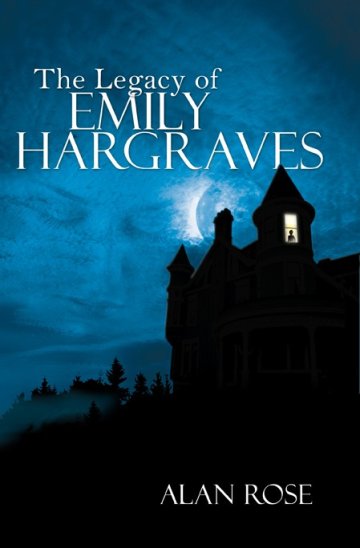![]()
This past year a Facebook friend posted her ten favorite books and invited me and others to share ours as part of a continuing chain. I quickly jotted down my definitive list, but then, fearing it might appear pretentious (Plato? Really?), failed to post it. (I have since lived with the guilt that the entire chain probably collapsed because of me.)
As a way of atonement—and safe in the knowledge that probably no one will read this—I post them here instead.
Books are like people one meets along the path of life: Most make little impact; some are memorable; a few touch us deeply.
And some transform us. We are changed in the encounter. They become markers on our spiritual paths, part of our soul’s DNA.
This is not intended as a recommended reading list. Such "favorite books" lists are highly individual and idiosyncratic. These books are postcards from my life's journey.
The Consolation of Philosophy by Boethius
The first time that the distant Past spoke to me in its own voice--and where I found a soul mate from the sixth century.
Lord of the Flies by William Golding
I first read it in middle school, and then again several years later in high school, and was amazed that it was the same book: this boys’ tale of adventure and survival had become a dark meditation on human nature.
Phaedo (On the Soul) by Plato
Simply the book that taught me how to die. I would later build Socrates’ attitude toward death into The Legacy of Emily Hargraves and Tales of Tokyo. And then it took center stage in As If Death Summoned.
The Brothers Karamazov by Fyodor Dostoevski
My vote for the Great Russian Novel, it’s the story of four brothers: the gentle monk Alyosha, the disillusioned intellectual Ivan, the drinking and whoring sensualist Dmitri, and the bitter nihilist Smerdyakov. A college literature professor proposed that each brother was seeking God in his own way--and my narrow understanding of the spiritual quest was shattered forever.
(Yes, yes, I know: some will quibble that Smerdyakov wasn't literally one of the sons of Fyodor Karamazov.)
War and Peace by Leo Tolstoy
The other heavy contender for the title of Great Russian Novel, it took me four attempts over many years to get into this leviathan. But once I broke through the dull opening soiree scene, I couldn’t put it down.
The Last Temptation of Christ by Nikos Kazantzakis
This is the book that made the character of Jesus come alive for me—portrayed by Kazantzakis as an emotionally disturbed young man, driven mad by the Divine, until he comes to understand and accept the purpose of his terrible spiritual destiny. His final temptation on the cross still causes shivers within me.
The Name of the Rose by Umberto Eco
I find characters in most historical novels to be modern selves dressed in period costumes. Eco showed what it was like to see the world through the medieval mind. At the core of the book is a dialogue between Brother William (Reason) and the Inquisitor (Faith), which taught me that an entertaining mystery could also be a book of ideas.
Zen and the Art of Motorcycle Maintenance by Robert Pirsig
A man, accompanied by his twelve year-old son, takes a motorcycle trip across the country in search of his past while wrestling with the big questions of life. Genre-bending (or blending), it was personal memoir, mystery, and philosophical reverie. The Hero's Quest on wheels.
Siddhartha by Hermann Hesse
Hesse's simple tale of the Buddha taught me the narrative power and beauty of allegory.
The Count of Monte Cristo by Alexander Dumas
My favorite book from late childhood, and probably the first real page-turner I ever read. I was fascinated less by the story of the count’s terrible revenge, than the education and transformation of Edmund Dantes while imprisoned on the Chateau d’If.
[First posted: January 15, 2015]












 She hands me his latest drawing. I offer that maybe it’s not a bunny rabbit being roasted over coals. To me, it looks more like a hippopotamus--with a cotton tail. (Clearly, Ryan is not going to be an artist.)
She hands me his latest drawing. I offer that maybe it’s not a bunny rabbit being roasted over coals. To me, it looks more like a hippopotamus--with a cotton tail. (Clearly, Ryan is not going to be an artist.)


